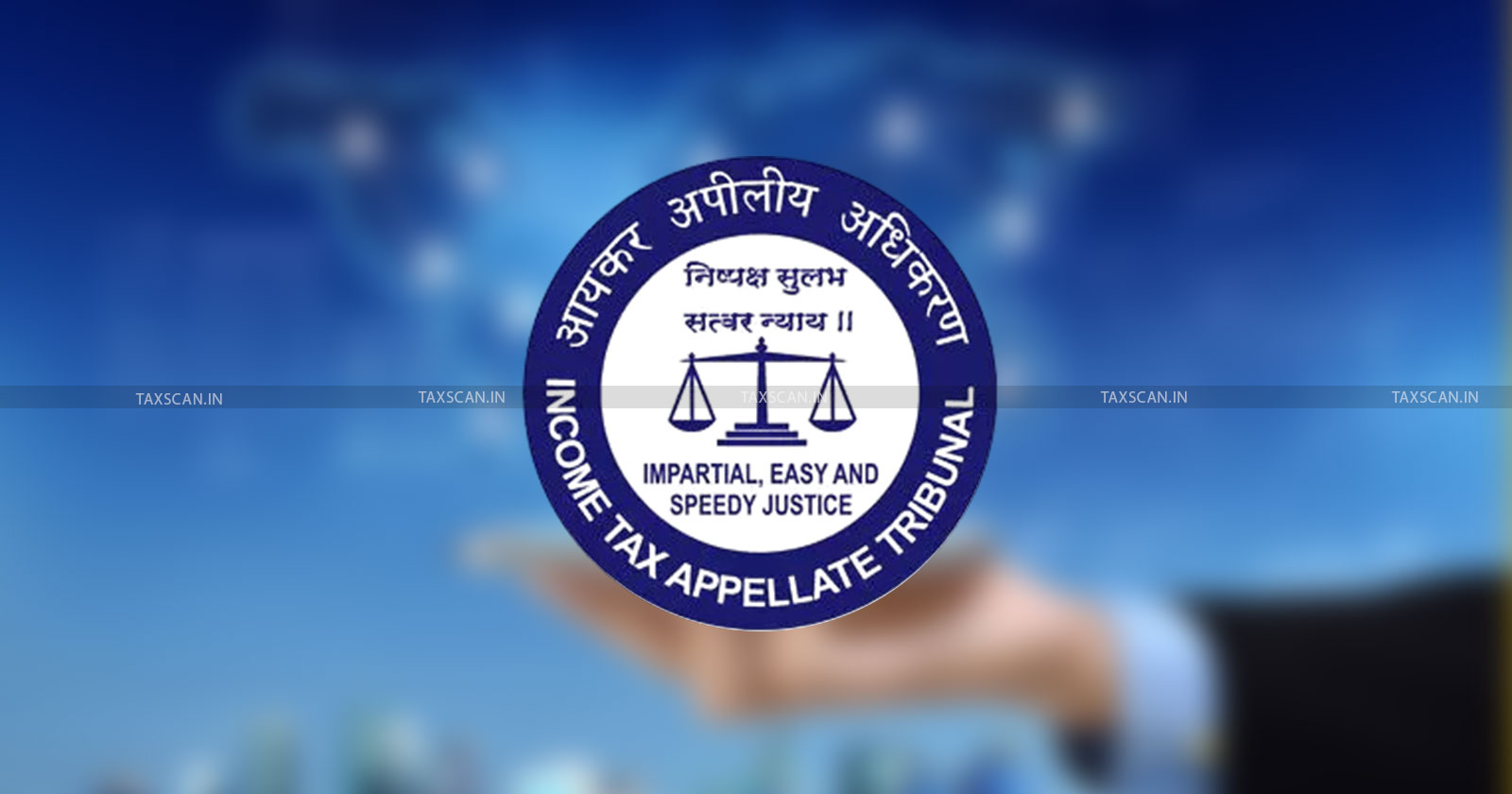Relief for Nippon India: ITAT Rules S.14A read with rule 8D Disallowance Applies Only to Investments Yielding Exempt Income [Read Order]
The CIT(A) directed that disallowance be confined to investments that earned exempt income, which the ITAT upheld while dismissing the Revenue’s appeal.
![Relief for Nippon India: ITAT Rules S.14A read with rule 8D Disallowance Applies Only to Investments Yielding Exempt Income [Read Order] Relief for Nippon India: ITAT Rules S.14A read with rule 8D Disallowance Applies Only to Investments Yielding Exempt Income [Read Order]](https://images.taxscan.in/h-upload/2025/09/10/2085204-nippon-india-taxscan.webp)
The Mumbai Bench of Income Tax Appellate Tribunal ( ITAT ) granted relief to Nippon Life India Asset Management Limited by holding that disallowance under Section 14A read with Rule 8D of Income Tax Act,1961 should be restricted only to investments that actually yielded exempt income.
The Revenue-appellant appealed against the order passed by CIT(A) for the assessment year 2020-21. In this case, Nippon Life India Asset Management Limited, respondent-assessee, reported exempt income of Rs. 20,21,83,391 for the year, including dividend income of Rs. 9,61,33,879 and tax-free interest of Rs. 10,60,49,512.
In its return, it made a self-disallowance under section 14A of Rs. 2,71,94,731, applying it only to investments likely to generate exempt income, totaling Rs. 1,61,34,95,110 from a portfolio of Rs. 1,848,43,49,395.
The Assessing Officer (AO), however, applied Rule 8D to the entire investment corpus without separating income-generating and non-income-generating assets, resulting in a disallowance of Rs. 15,75,18,500. After adjusting for the self-disallowance, the net addition was Rs. 13,03,23,769.
On appeal, the Commissioner of Income Tax (Appeals)[CIT(A)] directed the disallowance to be limited to only those investments that actually generated exempt income during the year.
The two member bench comprising Amit Shukla (Judicial Member) and Girish Agrawal (Accountant Member) reviewed the submissions, record, and law, and noted that disallowance under section 14A read with Rule 8D should be limited to investments that actually generated exempt income during the year.
 Also Read:Addition of ₹6 Crores Based on Director’s Statement During Search: ITAT Upholds CIT(A) Deletion [Read Order]
Also Read:Addition of ₹6 Crores Based on Director’s Statement During Search: ITAT Upholds CIT(A) Deletion [Read Order]
It observed that section 14A intended to disallow only expenditure incurred “in relation to” earning exempt income, not expenses related to the entire investment portfolio.
The appellate tribunal referred to the Delhi High Court ruling in Cargo Motors (P) Ltd. vs. DCIT [453 ITR 554], which confirmed that only investments yielding exempt income during the year are relevant for Rule 8D. It also noted that several tribunal rulings had followed the same view, including cases involving Cricket Club of India Ltd., HDFC Bank Ltd., Kotak Mahindra Bank Ltd., and Air India Ltd.
Considering this settled position, the tribunal upheld the CIT(A)’s order to restrict disallowance under section 14A to only those investments that had actually earned exempt income, and dismissed the Revenue’s grounds.
Support our journalism by subscribing to Taxscan premium. Follow us on Telegram for quick updates


